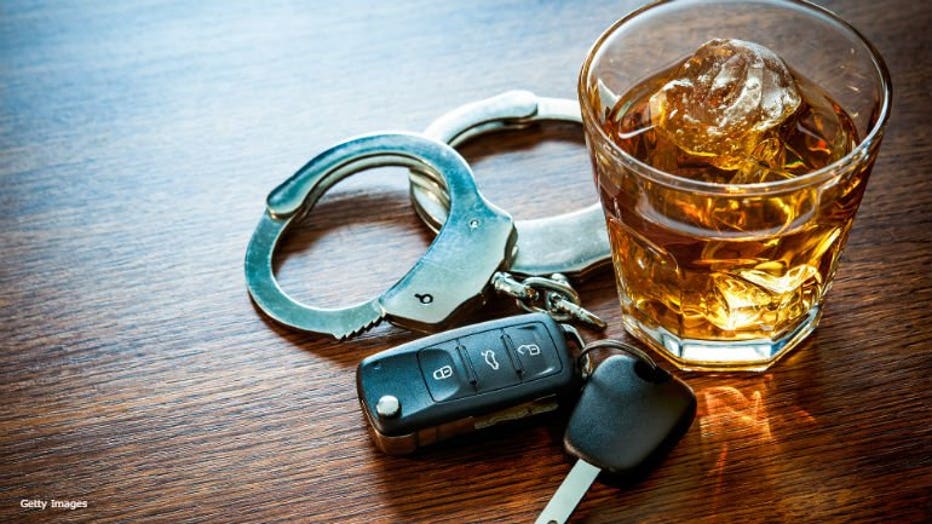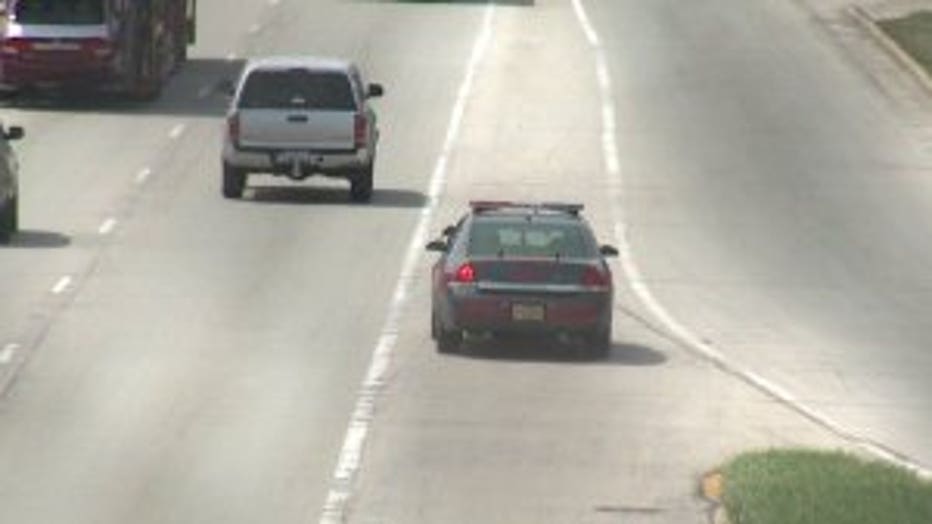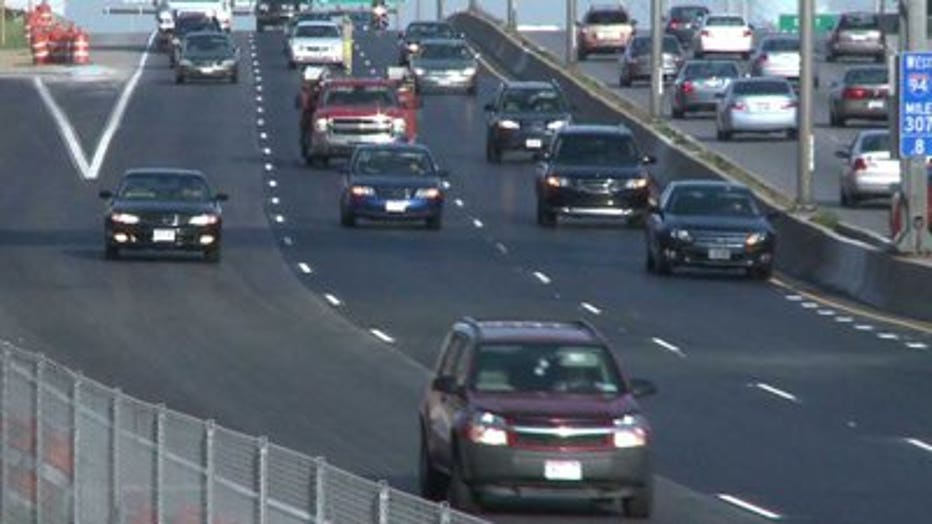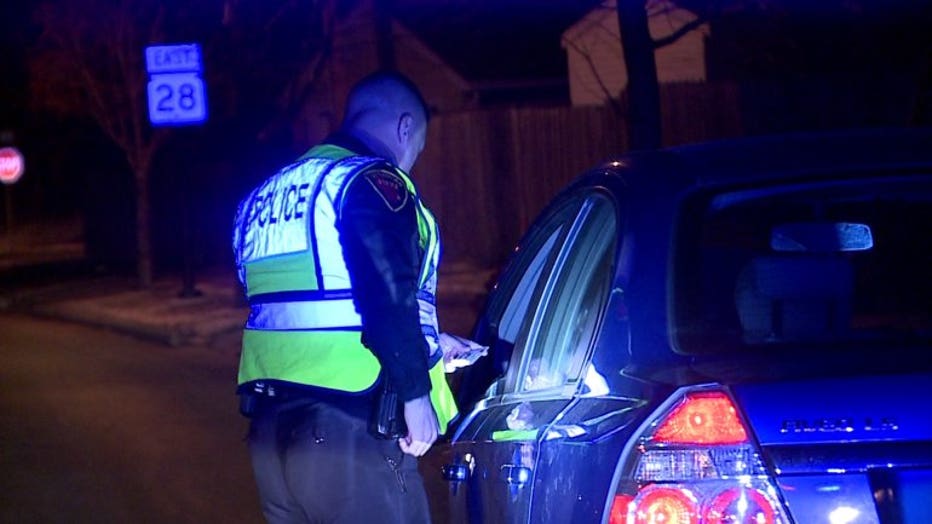"Hopefully it deters (drunk driving):" New penalties for repeat OWI offenses beginning Jan. 1
BROWN DEER -- Those planning to ring in the New Year with a few drinks will want to be aware of new penalties for those caught operating while intoxicated -- set to take effect on January 1st.
"It took us a long time before we stopped drinking and driving," Patricia McCune said. "We had a relative that was killed. A car came speeding down and didn't stop at the stop sign and broad-sided them and killed him -- and injured his little boy."
McCune now selects one option or the other.

Getty Images
"If we're gonna drink more than one drink, we have a driver that will take us home safe," McCune said.
With her granddaughter and a family friend at Brown Deer's Poco Loco Wednesday, December 28th, she reacted to the pending changes to the law in Wisconsin as it relates to OWI offenses.
"I think it's a step in the right direction," McCune said.

Repeat drunken drivers will face tougher penalties in Wisconsin starting with the new year.
Gov. Scott Walker signed a law in April that makes a fourth drunken driving offense a felony regardless of when it's committed. Currently a fourth offense is a felony only if committed within five years of a third offense.
The law also increases the maximum sentence for fifth and sixth offenses from three years to five. Maximum sentences for seventh, eighth and ninth offenses will increase from five years to seven and a half. The maximum sentence for a 10th or subsequent offense will move from seven and a half years to a decade behind bars.
The measure goes into effect January 1st.

"The way it used to be is -- if you got your fourth offense OWI within five years of the third offense, it was a felony, but if it was longer than five years later, it would still be a misdemeanor. So the new law is -- no matter what for your lifetime, if you get a fourth offense OWI it's a felony. Hopefully it deters (drunk driving) and prevents accidents," Sgt. Luke Kuehne with the Brown Deer Police Department said.
However, Sgt. Kuehne said he recognizes the reality in Wisconsin. Wisconsin remains the only the state that doesn't criminalize a first offense.

Drunk driving
"A first offense is still a forfeiture. It's like a very expensive speeding ticket," Sgt. Kuehne said.
CLICK HERE to learn more about the penalties for OWI in Wisconsin.

